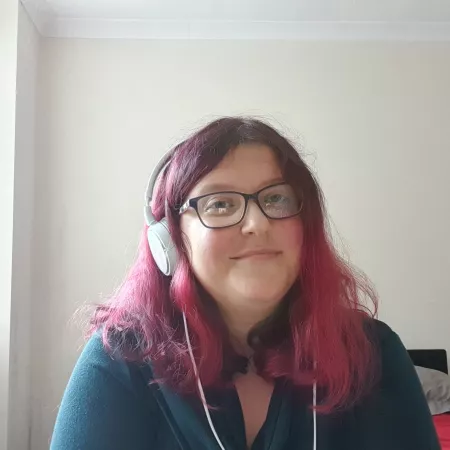
I really struggled growing up with epilepsy.
When I was diagnosed at the age of 11, my grandfather, who I was close to passed away. So, for about a year, I was in emotional turmoil due to mourning and my new diagnosis. In all honesty, it took me years to accept my epilepsy and everything that comes with it.
I have the sort of personality that can be described as ditsy and away with the fairies, and due to these circumstances at such a young age, that’s probably why those personality traits are so embedded in my character. For growing up, there is so much I could say, but for this blog, I am going to focus on the poignant years of growing up (for me anyway), my teenage years.
I was quite a rebellious teenager growing up, purely because I am quite a curious person. I could not wait to have my first boyfriend, fall in love, go to parties with friends and start drinking. These, along with many other life experiences, are all very normal things to do when growing up. Nonetheless, with epilepsy, these experiences can become a lot more complicated.
As uncontrolled seizures, the problems with trying so many different types of epilepsy medication, and the stress of taking all this on, in what seemed like the most important years of my life, ultimately created a lot of damage for myself and those around me, whether this is close family, friends, or acquaintances. So, if you are at an age where you want to feel limitless and boundless, but your epilepsy seems like this great big barrier and you feel that you cannot talk to anyone, here are some tips I learnt about growing up:
- It’s okay not be okay. This is a saying we hear quite often, especially being from Generation Z. Having epilepsy brings an intense fluctuation of emotion, good and bad. So, do not be afraid to let those emotions out, have a big cry, or ask for a cuddle if you need one too. People might not always understand what you’re experiencing, because everyone’s growing up experience is unique, especially when epilepsy is thrown into the mix. Just from experience, do not be like me and hold in all that angst, it does not have a positive effect on your physical and mental health.
- Always talk about how you are feeling, whether this is to a member of your family or your friends. You will often find that the people around you, like friends or cousins, and the adults in your life have experienced similar things to you, and will be able to give you great advice. You will also find that no matter how big or small your problems or thoughts are, the people around you will want to listen to you because they care about you!
- However, if you feel like you are not completely ready to talk to the people around you, that’s also okay, because opening up with how you feel takes time. So, start with something small, and overtime opening up will get easier and easier. As an alternative, you can speak to someone at Young Epilepsy, or simply keep a daily diary on how you feel.
- Take life at your own pace – people grow up at different paces, so do not feel pressured to keep up with the people around you. You are the only person in control of your life, so be yourself and do what’s best for you and your epilepsy!
- Stick to a routine! Sticking to a routine can be positive and does not to be strict or militant. So, try and take your meds at the same time daily, as by doing this, taking your meds will become like eating your breakfast, and slowly you’ll begin to accept your epilepsy more each day without realising. Also, by exercising daily or often, you’ll find that you’ll spend a lot less of your day worrying and focusing on your epilepsy, and feeling more free and productive with everything else that is going on in your life. Exercise can be anything you want it to be, even yoga or meditation. It’s a small portion of the day where you can get rid of those negative thoughts about the difficulties of growing up with epilepsy and feel at peace with yourself.


